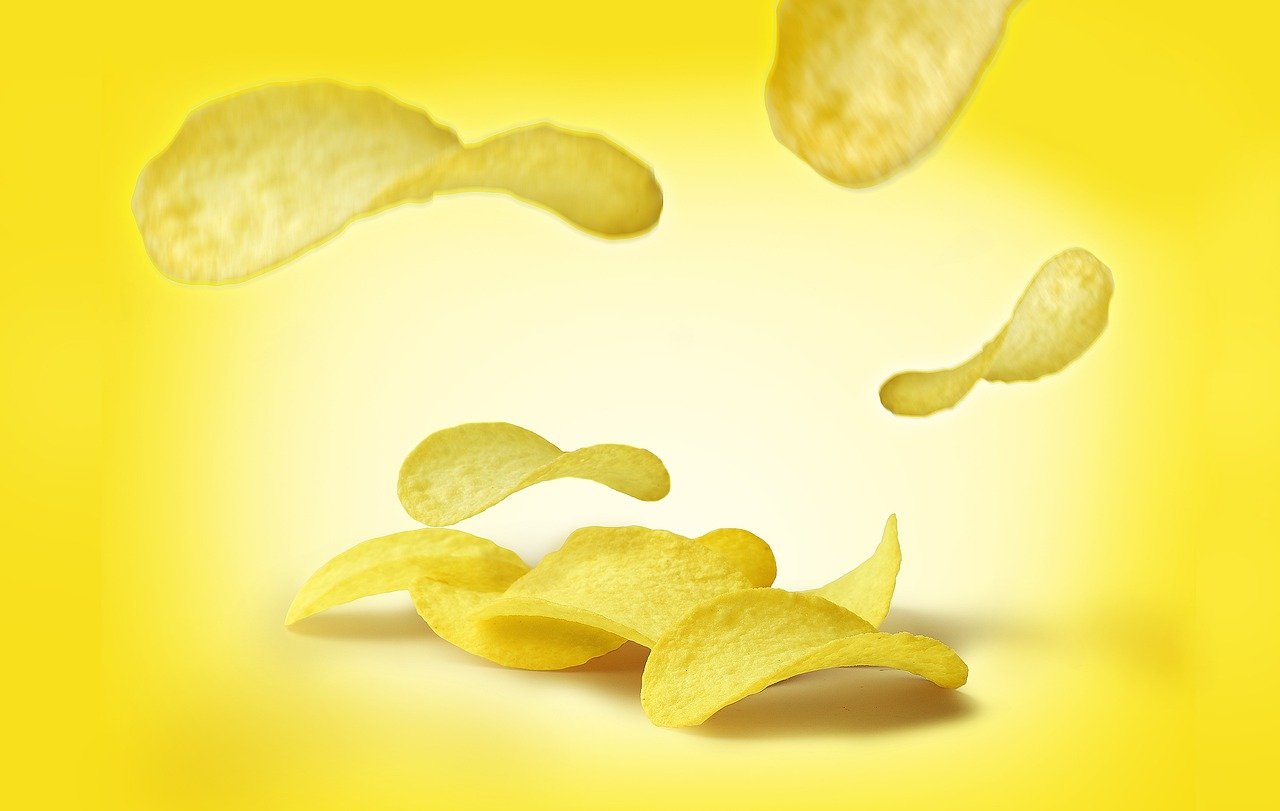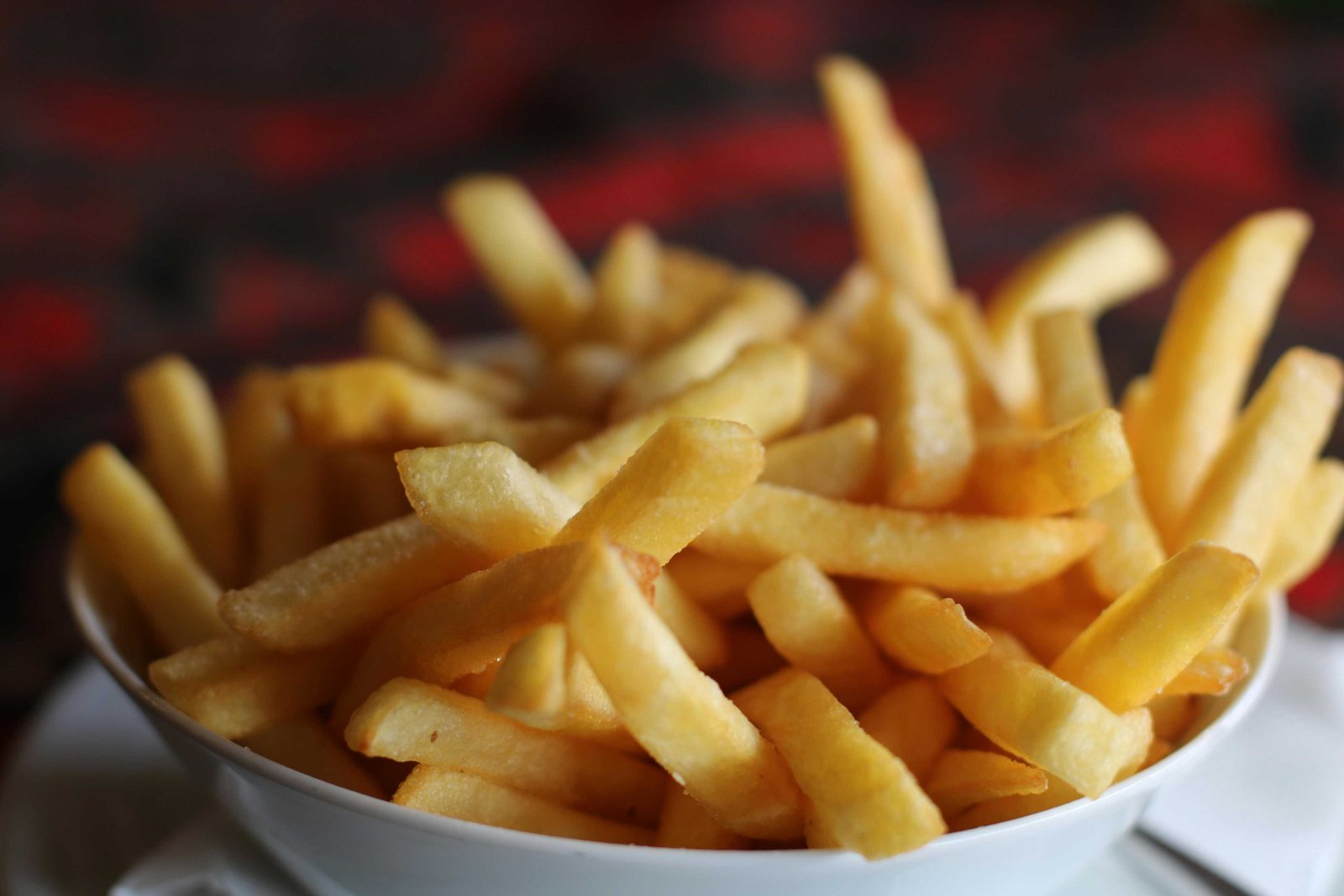The origin of potato chips is often credited to a disgruntled customer in the late 19th century. When a customer complained that his French fries were too thick, a chef, in a fit of frustration, sliced the potatoes extremely thin, fried them to a crisp, and served them. Surprisingly, the customer loved the result, and the potato chip was born.


While potato chips can be a tasty treat, they are generally high in calories, fat, and sodium. A typical serving size of potato chips contains:

Excessive consumption of potato chips can have several negative health consequences:
If you enjoy the convenience and taste of potato chips, consider these healthier alternatives:
While it's not necessary to completely eliminate potato chips from your diet, it's important to consume them in moderation. By being mindful of portion sizes and choosing healthier alternatives, you can enjoy your favorite snacks without compromising your health.



